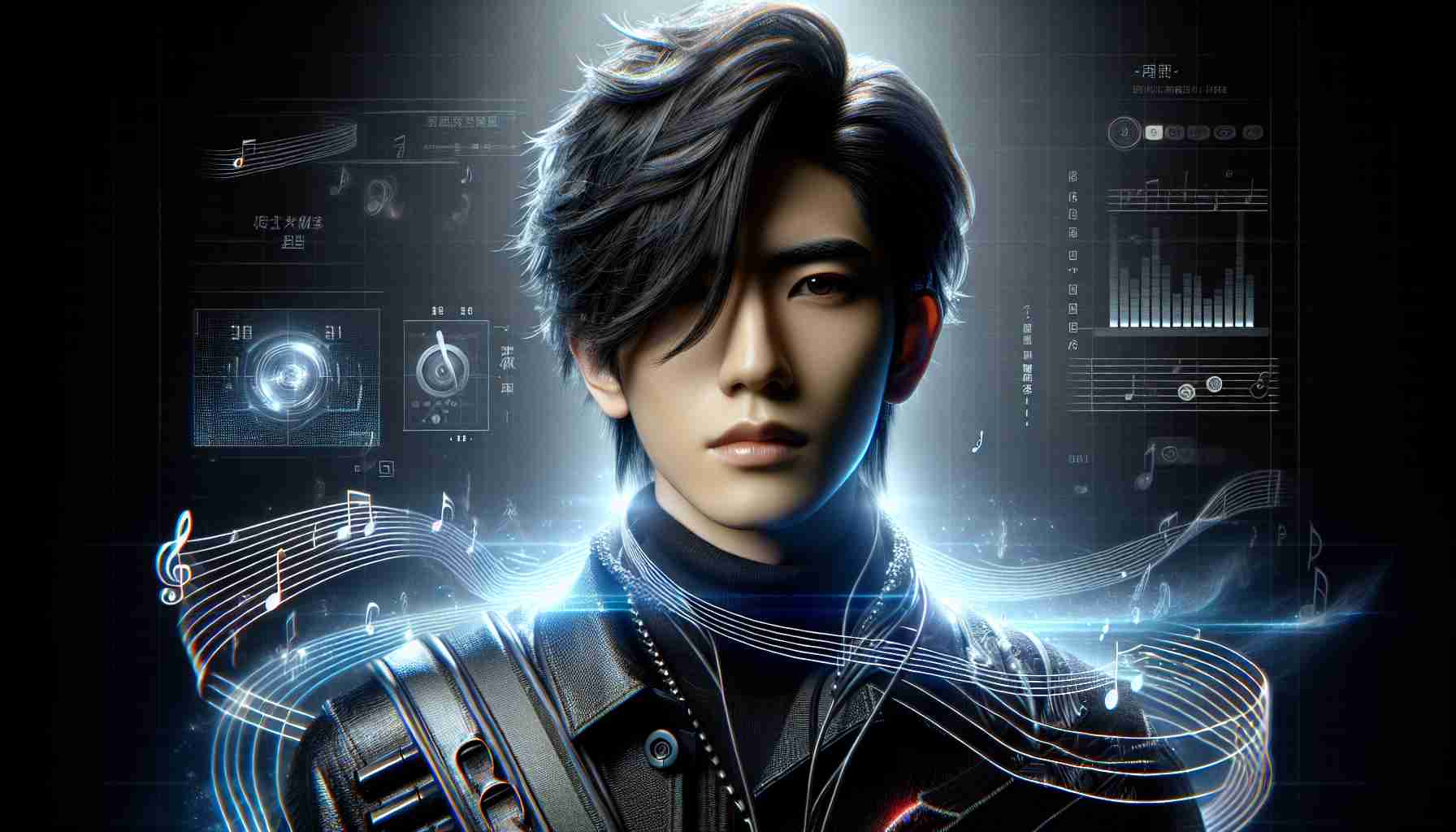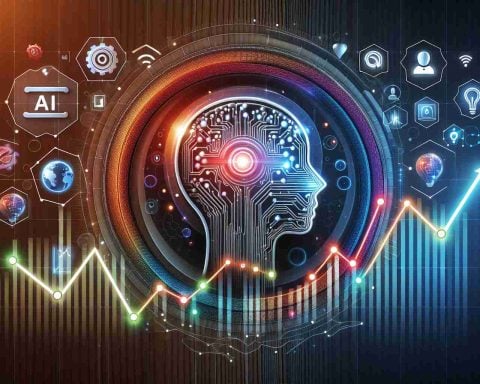- Kento Nakajima is pioneering the integration of AI into J-Pop, aiming to revolutionize the music industry through technology.
- The project uses AI to compose original melodies, creating genre-defining soundscapes that merge traditional and modern influences.
- This initiative explores the potential for AI to augment, not replace, human creativity in music composition.
- Nakajima envisions a collaborative relationship between AI and artists, providing new dimensions for expression and innovation.
- The initiative raises questions about AI’s ability to replicate the emotive qualities of human-created music.
- Music enthusiasts anticipate the transformative impact of Nakajima’s AI collaboration on the future of J-Pop.
Kento Nakajima, a prominent member of the popular Japanese boy band Sexy Zone, is renowned for his charisma and musical talent. In an unexpected fusion of the art world and technology, Nakajima is spearheading a new initiative to integrate artificial intelligence into J-Pop, signaling a future where technology might shape music in unprecedented ways.
Nakajima’s latest project is leveraging AI to compose original melodies, a groundbreaking move. By collaborating with tech firms specializing in AI-driven music composition, he aims to explore how machine learning can enhance creativity in the music industry. This initiative may redefine how J-Pop is produced, potentially creating genre-defining soundscapes that stay true to its roots while embracing technological advancements.
Besides offering audiences a futuristic experience, this integration raises important questions about the role of technology in the arts. Can AI replicate the emotive qualities that artists like Nakajima naturally bring to music? Nakajima posits that AI won’t replace human creativity but augment it. He envisions a symbiotic relationship where AI complements the artistic process, opening fresh dimensions for expression and innovation.
Nakajima’s foray into AI-enhanced music could revolutionize J-Pop by setting a trailblazing precedent. It heralds a new era where technology and artistry converge, potentially crafting a future where AI becomes a trusted collaborator for musicians worldwide. As this project develops, music lovers eagerly await the next tune that Nakajima and his digital partner will create.
The Future of J-Pop: Kento Nakajima’s AI-Powered Musical Revolution
The Evolution of Kento Nakajima’s AI-Powered Music Initiative
Kento Nakajima, a key figure in the renowned Japanese boy band Sexy Zone, is making waves by venturing into a futuristic domain where technology and music intersect. By initiating a project that melds artificial intelligence with J-Pop, Nakajima is not only reshaping the landscape of his genre but also challenging traditional methods of music creation. Here’s a closer look at some key aspects of this groundbreaking initiative and its potential implications.
# Key Innovations in AI-Driven Music Composition
Nakajima’s collaboration with AI specialists is paving the way for new methods in music creation. AI-driven music composition uses algorithms to generate original melodies, offering fresh and innovative soundscapes. This groundbreaking project challenges the existing practices of songwriting and music production while maintaining the essence of J-Pop’s indigenous sound.
# Analyzing the Pros and Cons of AI Integration in Music
– Pros:
– Enhanced Creativity: AI can analyze vast amounts of musical data, allowing for the creation of unique and diverse compositions that may not easily occur to human composers.
– Accessibility: It opens doors for aspiring artists to explore music without extensive traditional training.
– Cons:
– Lack of Emotive Depth: AI might struggle to capture the nuanced emotional expressions that human artists intuitively convey.
– Dependence on Technology: Over-reliance on AI could potentially dilute the authenticity of music, raising concerns about its artistic value.
# Market Forecast and Future Predictions
The fusion of AI and music, as seen through Nakajima’s project, is likely to influence the global music market significantly. Analysts predict an increase in AI-driven musical content, not just within J-Pop but across various genres. As technology advances, the music industry could witness a 15-20% growth in AI-integrated productions over the next decade, with artists pairing up with tech companies to create cutting-edge music experiences.
Crucial Questions and Insights
# How Will AI Change the Creative Process in Music?
AI’s role is not to replace human musicians but to expand their creative capacities. By analyzing trends and patterns, AI can present novel suggestions, enabling artists like Nakajima to experiment with broader sound palettes and refinement beyond conventional boundaries.
# What Are the Ethical Considerations Surrounding AI in Music?
The introduction of AI in music raises ethical questions about authorship. As AI tools generate melodies, who should be credited? Moreover, ensuring AI does not perpetuate biases present in data is crucial. Clearly defined guidelines and ongoing dialogue between artists and technologists are vital to address these challenges.
# Can AI-Driven Music Reach the Emotional Depth of Human-Composed Music?
Nakajima believes that while AI cannot replicate the emotive qualities inherent in human composition, it can augment human creativity. As AI is trained to understand human emotions better through data, it could theoretically produce music that resonates emotionally, though this remains a developing frontier.
# Suggested Links
– Sony Music Japan
– AIMusic
Kento Nakajima’s initiative marks a significant shift in the music industry, anticipating a future where AI and human creativity collaborate harmoniously. As the world listens, the upcoming releases will undoubtedly provide insight into this innovative musical journey.




















